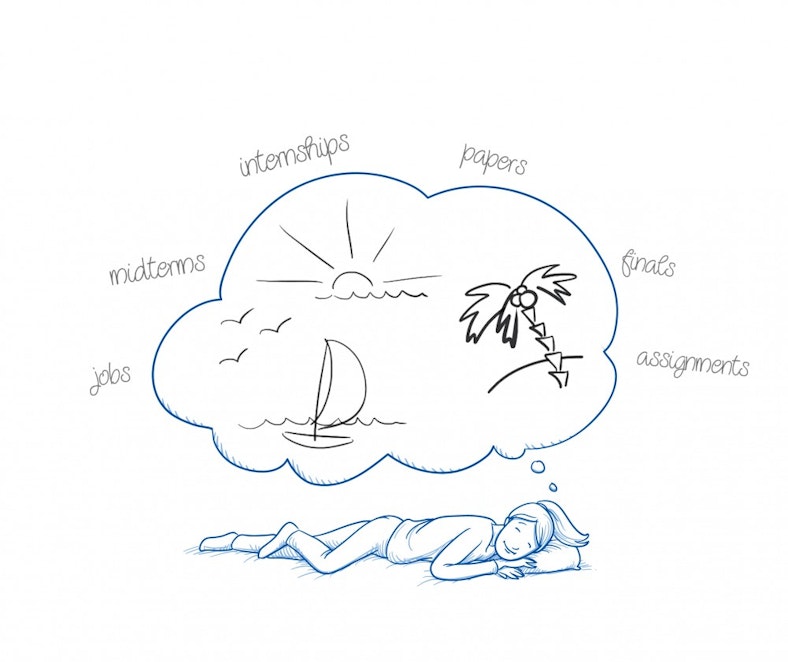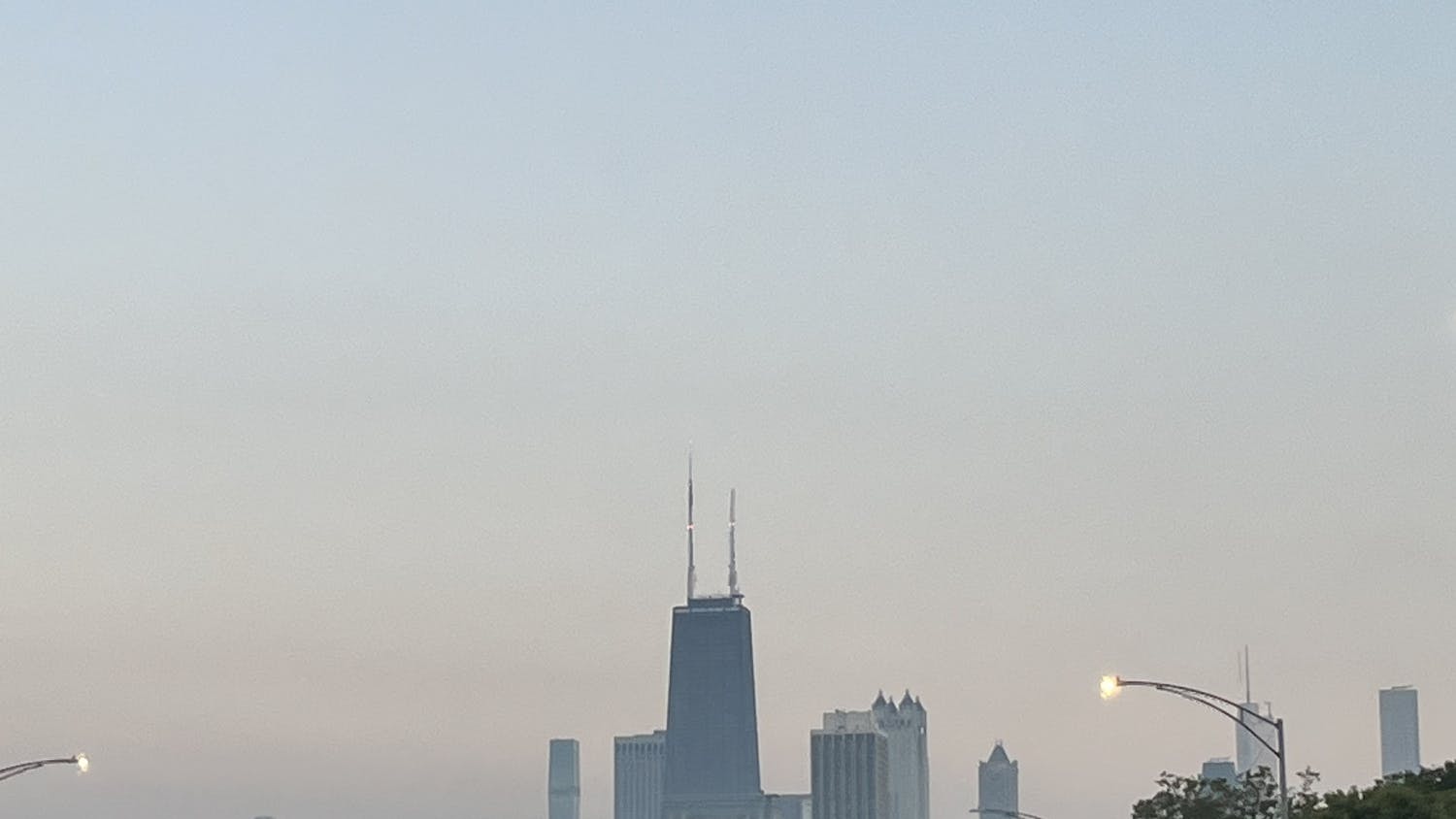You can take naps anywhere, from the Tower Room in Baker Library on Sunday to your friends’ room while you are out on a Saturday night. They can be long or short — and depending how you look at it, helpful or harmful.
A quick Google search will tell you all about the benefits of naps, from increased athletic performance to improved alertness. Yes, naps can make you more productive and alert. However, there is always the possibility that you will sleep longer than planned. Not to mention waking up feeling worse than you started and losing out on a few hours of your day.
Maybe you can tell I am not someone who takes naps on a regular basis. I once bought an app that was supposed to help me wake me up at the ideal time when napping. It didn’t wake me up.
My most memorable nap was during my freshman year, when I took a nap with two of my close friends all squeezed into my twin bed in Russell Sage. I fell asleep first and then all of a sudden, my friends had also fallen asleep next to me. It was a full-on siesta at 12 p.m. It was as if our brains had just been hypnotized into the same state.
Since then, I have only had the occasional nap that ends in me snoozing every one of my alarms, if I do set them. It usually happens if I am completely exhausted after a long day or after a big lunch or dinner.
However, some students are committed to taking naps, such as Christine Dong ’19, who takes naps daily because they increase her alertness.
“I get really tired and just crash and then for like an hour or two, I can’t do anything,” Dong said when asked what happens if she misses her nap.
Naps are almost like our natural refresh button, especially after long days or overwhelming ones.
For example, Wes Kendrick ’19 described how some students take a post language drill nap at 8:45 a.m. when they return to their rooms from class, their next class scheduled no earlier than 10 a.m.
However, Kendrick describes how he sees that time as wasted. He called this a killer nap because of how inefficient the use of time is.
“It’s a whole hour and a half that is wasted,” he described.
He did note that after the occasional all-nighter he takes a one-hour nap, meant to be taken right after he is done with whatever kept him up all night.
Although naps technically define a time when you fall asleep, it is not always that way. Consider the “I want to take a nap” nap — you are tired of doing work, so you put your head down, but you just cannot fall asleep. Your body seems to be confused as to what to do.
You can also take a nap while standing up. Perhaps this is better described as zoning out, because you are so tired it almost feels like you are sleeping. Many of us might have also experienced something similar in class. The latter is the most embarrassing, especially if you are sitting on the front row and the professor has a full view of you nodding your head with a blank stare and dreamy eyes — or worse, a full, head-on-desk nap. Sometimes there is absolutely nothing you can do to stop that from happening, especially if it’s a 9 a.m. class or a two hour class in the afternoon.
Naps in the library are not ideal; however, sometimes there is no alternative than to publicly try to bring yourself to a higher functioning state — especially when writing a paper the night before it’s due or during finals. It usually helps to have a friend with you to make sure you actually wake up after a few minutes.
I’ve been able to nap in the library a few times, but only for like two minutes. These have been, for the most part, completely unplanned. Kendrick, however, mentioned how he has recently spotted a student sleeping in the 1902 Room in Baker-Library, shoes off and arms formed like a pillow, multiple times.
I tried to spot this person to interview them but was unsuccessful. I would have asked what led them to choose the 1902 Room to nap in. Perhaps they would say it’s the fact that it’s open 24 hours, the quiet ambiance or the large couches.
The worse nap is the one that turns into a full night’s sleep. You come home at 8 p.m. with plans to continue working or to go out later in the night. But then you find yourself on your bed comfortably laying down. You tell yourself, “Fine, I’ll sleep for five minutes,” but all of a sudden it is 11 p.m. You should have seen it coming, but sometimes you cannot stop it. A comfortable bed and room temperature are a deadly combination.
Kang-Chun Cheng ’17 only takes naps in extenuating circumstances. Sometimes she promises to meet someone late in the night but is tired and wants to recharge. However, she usually avoids sleeping during the day because it ruins her sleep schedule.
“Every time I nap, I lucid dream,” Cheng said. “Not falling into deep sleep physically hurts. I am physically asleep, but I am not fully there.”
Her experience reminds me of the nap where you wake up in the middle of deep sleep as you were having a nightmare and now it transcends your waking life. It’s a regrettable nap. Not really something you need in the middle of your day. These are some of the risks you are faced with, especially if you do not have a formula down for your perfect nap. Dong is the only person who I can say has a solid routine when it comes to taking naps.
After finishing this article, I will most likely have exhausted most of my mental energy for the day. The idea of taking a perfect nap is tempting, but it usually does not go that way for me. I’ll just do something else to recalibrate. I’ll leave the nap for another time.

Heder Hayat / The Dartmouth



